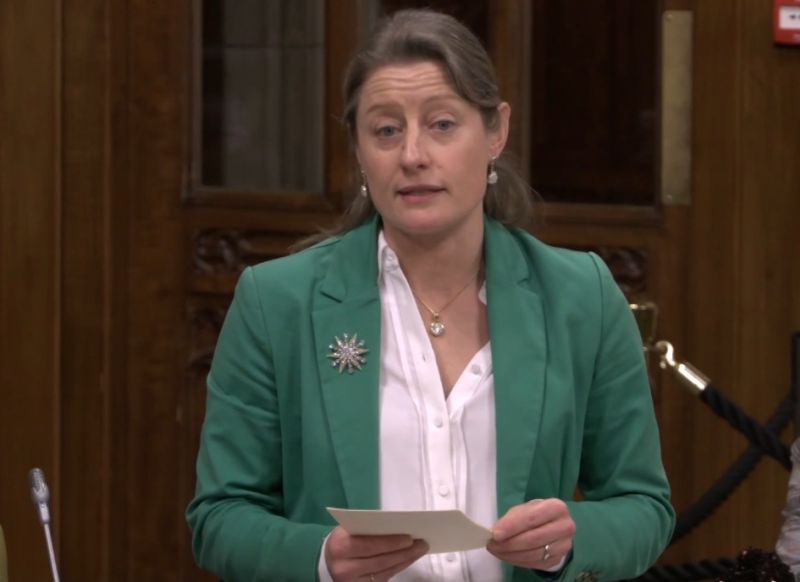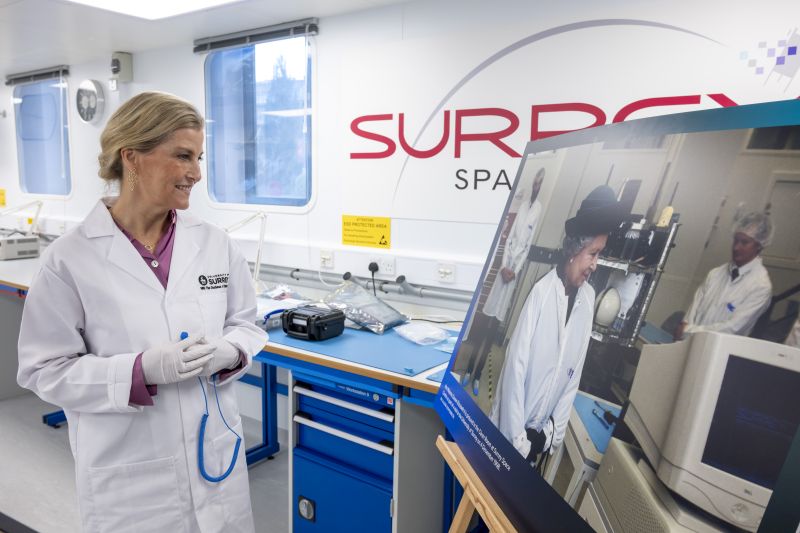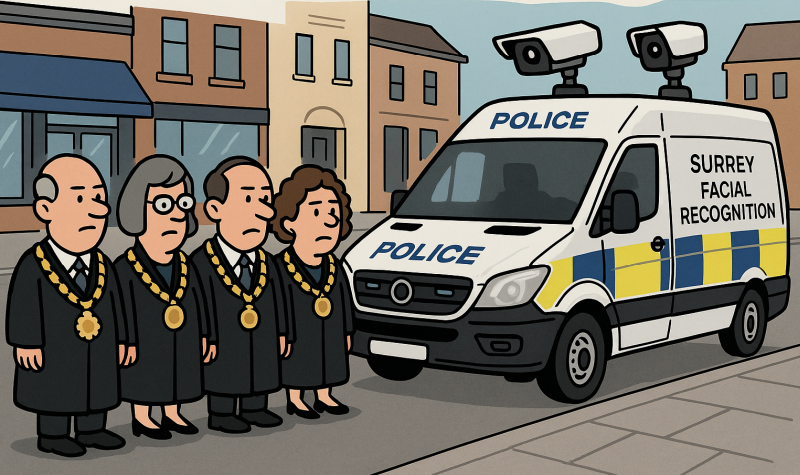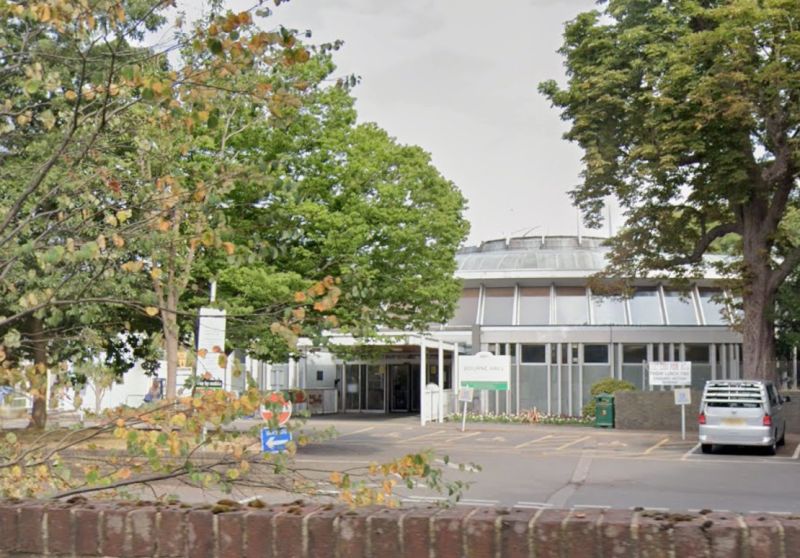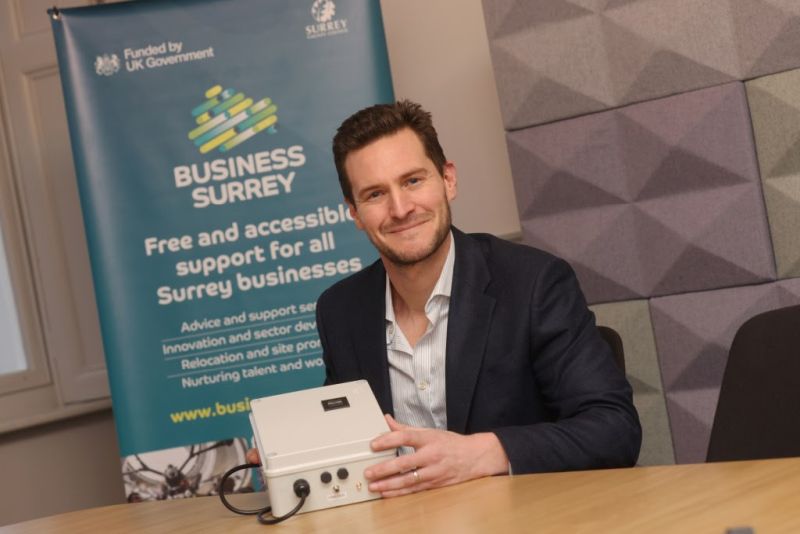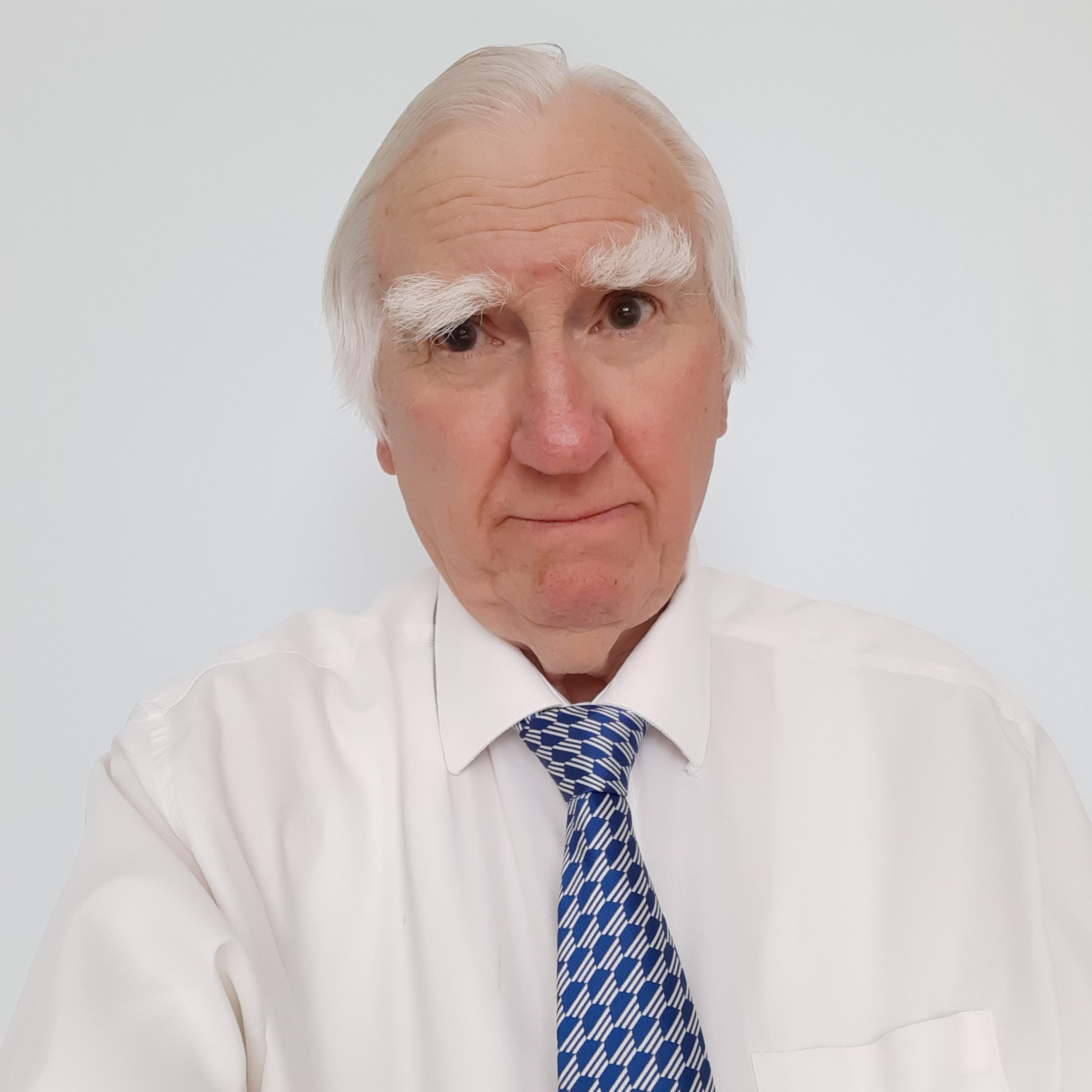UK Shareholders’ visit to BP PLC: Local accountant shares his insight
I am a member of the UK Shareholders’ Association, the main benefit of which is visiting companies to ascertain what their strategy is and to evaluate what the future might hold. Due to Covid, we have been unable to visit companies for the last two years, but our first visit this year was to BP plc on 10 May. As usual, they made us very welcome and provided an excellent lunch. Due to climate change and the need cut emissions the management of BP concluded that demand for their basic products of oil and gas would decline by 50% over 50 years. Because of this, a strategy was devised to transform the company into an integrated energy company. They concluded they would focus on their hydrocarbons business. They would grow their convenience and mobility businesses. Finally, they would build with discipline a low carbon energy business.
Their 2021 annual report was headed ‘Performing while transforming’. Their main speaker told us that their good performance in 2021 (7.6bn of earnings and $23.6bn of cash inflow from operating activities) was due to their strategy. Of course, their exceptionally good result in 2021 was nothing to do with their strategy, as it was simply a result of windfall profits due to very high prices of oil and gas primarily due to the crisis in Ukraine that is causing so much pain for so many people. In fairness, part of the windfall made up for low prices in 2020 when the company declared a loss of ($20.7bn), compared to a profit of $4.0bn in 2019. Cash flow was also impacted in 2020 as cash inflow was only $12.2bn compared to $25.8bn in 2019.
READ MORE: Epsom’s House of Fraser closing date revealed
The good fortune, in cash terms, continued in the first quarter of 2022 so they were able to reduce debt to $27.5bn. They were swimming in cash. When companies generate a lot of cash but lack a strategy for growth and have no idea what to do with such cash, they resort to share buy-backs. In short, they buy their own shares in the open market and cancel such shares. At the end of the buy-back earnings per share (eps) have automatically increased as the number of issued shares has decreased. We can deduce that BP has no strategy for growth; what they have in a strategy for survival given their main market is contracting. The speaker responsible for transforming the company told the meeting that his task was extremely difficult as it meant negotiating with many countries to get their cooperation. He said the biggest problem was how to reduce the use of aviation fuel.
We were told that BP had committed $18bn of investment to meet their survival strategy and $2.5bn (£2.03bn) for share buybacks. At the current price of 420p per share, they could buy back nearly 500 million shares (the actual number is obviously dependent upon the actual price of the purchases) but as there are 20,778 million shares currently in issue this will have little impact. What this should do though is hold the share price up as the market knows that collectively 2,500 million shares are waiting to be bought. Institutions like the idea as it gives them time to think. Individual investors should think hard as if the oil price falls at the exact time the share buy-back is complete then this share will fall, possibly significantly. When share buy-backs are in progress it is rather like a bubble; knowing when it will burst is key.
The problem with share buy-backs is that it is an artificial mechanism that never benefits shareholders in the long term. Buying shares at the high end of their range is never a good idea. If companies like BP don’t know what to do with their surplus cash, then a windfall tax is definitely justified.





